Neck pain is a common complaint that can significantly disrupt sleep quality, leading to daytime fatigue and decreased productivity. Whether you're experiencing occasional discomfort or chronic neck pain, finding ways to sleep comfortably is crucial for overall well-being. In this comprehensive guide to sleeping positions when the neck hurts, we'll explore practical tips, sleep positions, and techniques to get the worst sleeping position to help you get a good night's sleep despite neck pain.
Understanding Neck Pain and Sleep
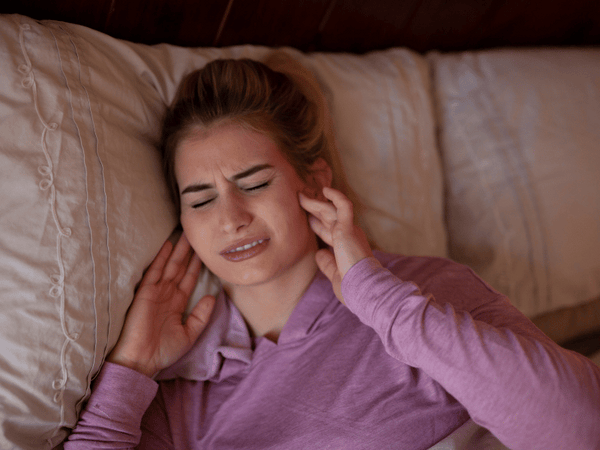
Neck pain can stem from various causes, including poor sleeping posture, muscle strain, or underlying medical conditions such as bone injuries such as arthritis, or cervical spine disorders. When left untreated, neck pain can interfere with sleep by causing discomfort more pain, and stiffness that disrupt sleep cycles.
One of the primary culprits behind neck pain during sleep is improper pillow support, poor sleeping positions, and sleeping positions. Using a pillow that doesn't adequately support the neck's natural curve can lead to misalignment of the spine and increased strain on neck muscles. Similarly, various sleeping positions or on a mattress that is too firm or too soft may exacerbate neck pain by failing to provide adequate support to the neck and shoulders.
Alive Market Full Spectrum CBD Body Butter
Alive Market Full Spectrum CBD Body Butter is a luxurious and soothing solution crafted to alleviate discomfort, particularly in areas like the neck. Infused with the therapeutic properties of full-spectrum CBD, this body butter offers a comprehensive approach to pain relief. CBD, derived from hemp, interacts with the body's endocannabinoid system, known to regulate various bodily functions, including pain perception.
When applied topically, CBD penetrates deep into the skin, targeting inflammation and relaxing tense muscles. The rich and nourishing formula of Alive Market Body Butter ensures that the CBD is effectively absorbed, providing targeted relief to the neck area. Regular use not only soothes immediate discomfort but also promotes overall relaxation, helping to ease tension and stiffness associated with neck pain. With its natural ingredients and potent CBD content, Alive Market Full Spectrum CBD Body Butter offers a holistic solution for addressing neck pain, allowing individuals to find comfort and relief without the need for harsh chemicals or invasive treatments.
Choosing the Right Pillow and Mattress
Selecting the right pillow and mattress for best sleep when sleeping on your stomach position can make a significant difference in better night's sleep positions and rest, alleviating neck pain and promoting better sleep. Here are some tips for choosing the best pillow and mattress for your sleeping position:
Pillows
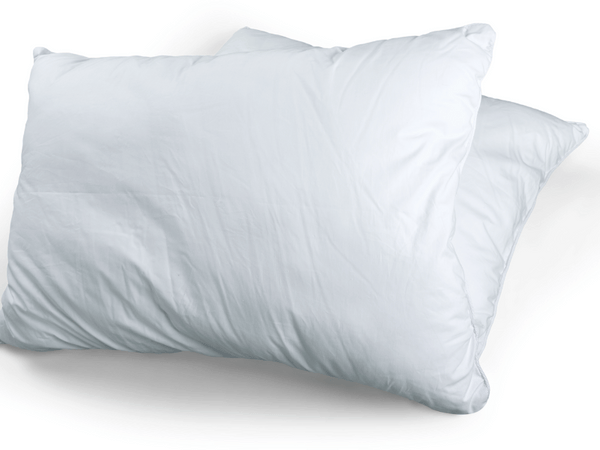
Consider Your Sleeping Position: Choose a pillow that is tailored to your primary sleeping position. For example, back sleepers may benefit from a medium-firm, thin pillow, that supports the natural curve of the neck, while side sleepers may need a thicker pillow to fill the gap between the neck and shoulder blades.
Opt for Supportive Materials: Look for pillows made from supportive materials such as memory foam or latex, thin pillows, that conform to the natural curves and shape of your head and neck for optimal support.
Check Pillow Height: The same position of your pillow should keep your head aligned with your spine. Too high or awkward position of cervical pillow or too low or awkward angle of a pillow can strain the neck muscles.
Mattresses
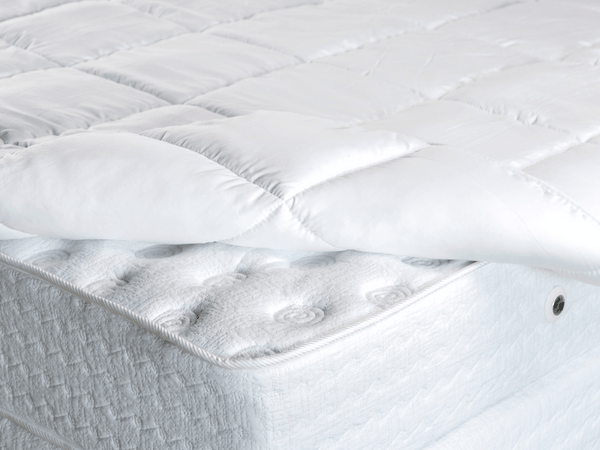
Consider Firmness Level: Choose a mattress for sleeping with neck pain at a firmness level that provides adequate support for your body weight and sleeping position. Medium-firm mattresses are generally recommended for individuals who want to sleep with neck pain first, as they offer a balance of support and comfort.
Test Before Buying: If possible, test out mattresses in-store to determine which firmness level feels most comfortable for you. Remember, what feels comfortable in a showroom may not necessarily translate to a good night's sleep.
Look for Pressure Relief: A mattress that relieves pressure points, particularly around the spine, straight shoulders, and hips, can help alleviate back and neck pain by promoting proper spinal alignment.
Sleep Position Tips
Adjusting your sleep position can help alleviate neck pain and promote better sleep quality. Here are the best sleeping positions and some tips for sleeping positions for less neck strain and finding the most comfortable sleep position:
Back Sleeping

Sleeping on your back with a supportive pillow under your head and a pillow beneath your neck can help maintain neutral spine alignment and sleep posture and alleviate pressure on the neck muscles. Consider placing a small pillow or rolled towel under your knees to further support the lower back during sleep positions.
Side Sleeping
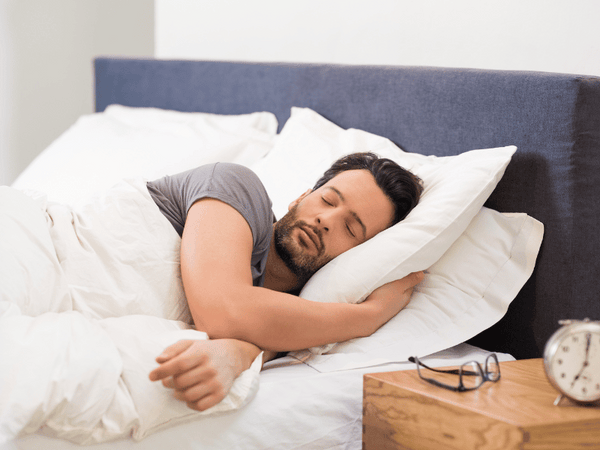
If you prefer to sleep on your side, use a contoured pillow that fills the space between your neck and shoulder to maintain neutral posture and proper alignment. Additionally, placing a pillow between a painful neck and your knees can help keep your spine in a neutral position and reduce strain on the neck and lower back.
Avoid Stomach Sleeping
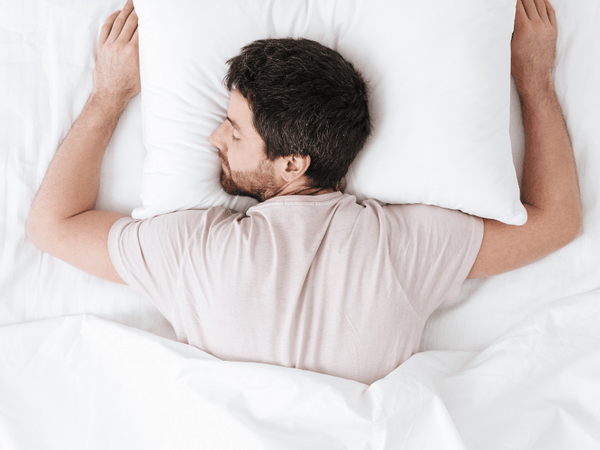
Sleeping on your stomach can strain the neck and spine, as it forces excess weight on the head to remain turned to one side for extended and long periods. If you're a stomach sleeper, try gradually transitioning to a side or back from sleeping on your stomach position for better spinal alignment.
Neck Pain Relief Techniques Before Bed
Before heading to bed, incorporate gentle neck pain relief techniques to relax tense muscles and promote better sleep. Here are some effective strategies to try to reduce neck pain:
Gentle Stretching
Perform gentle neck stretches to release tension in the stiff neck and muscles before bedtime. Simple movements for stiff necks, such as neck rolls, side bends, and chin tucks, can help improve the flexibility of neck muscle activity and reduce stiffness in stiff neck and tight muscles.
Heat Therapy
Apply a warm compress or heating pad to the sore neck area for 15-20 minutes before bed to relax tense muscles and increase blood flow to the area. Heat therapy for sore or stiff neck, can help relieve stress, alleviate neck pain, and promote relaxation for better sleep.
Massage Techniques
Consider massaging the sore or stiff neck and shoulders with gentle pressure to relieve muscle tension and promote relaxation before bedtime. You can use your hands or invest in a handheld massager for added convenience.
Creating a Sleep-Conducive Environment
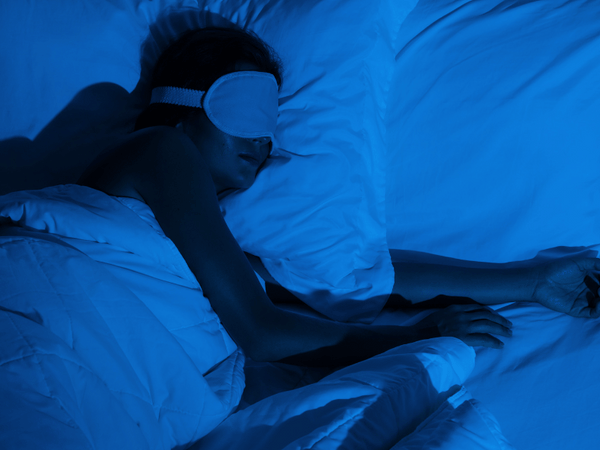
Optimizing your bedroom environment can significantly impact your sleep posture and your ability to sleep comfortably with neck pain. Here are some tips for creating a sleep-conducive environment:
Temperature Control
Keep your bedroom cool and comfortable, ideally between 60-67 degrees Fahrenheit, to contribute to better sleep quality. Use breathable bedding materials and consider using a fan or air purifier to improve air circulation.
Lighting
Dim the lights in your bedroom an hour before bedtime to signal to your body that it's time to wind down. Consider using blackout curtains or an eye mask to block out any excess blue light that may disrupt sleep.
Noise Reduction
Minimize noise disturbances by using earplugs or a white noise machine to create a peaceful, non-restorative sleep environment. Alternatively, you can use soothing sounds, such as nature sounds or calming music, to drown out background noise.
Lifestyle Changes for Neck Pain Management
In addition to addressing how neck pain disrupts sleep-related factors, making lifestyle changes for good sleep hygiene can help manage how neck pain disrupts sleep and promote better sleep hygiene. Here are some lifestyle adjustments to consider when practicing good sleep hygiene:
Regular Exercise
Incorporate regular physical activity into your daily routine to strengthen neck muscles, improve posture, and reduce the risk of neck pain. Focus on exercises that target the neck, shoulders, and upper back, such as neck stretches, shoulder rolls, and yoga poses.
Maintain Good Posture
Be mindful of your posture throughout the day, especially when sitting or standing for extended periods of time. Avoid slouching or hunching your head forward, and make an effort to maintain a neutral spine alignment to reduce strain on the neck and shoulders.
Stay Hydrated
Drink an adequate amount of water throughout the day to keep your body hydrated and maintain optimal musculoskeletal health. Dehydration can exacerbate muscle tension and increase the risk of neck pain, so aim to drink at least eight glasses of water daily.
Seeking Professional Help

If neck pain persists despite self-care measures, it's essential to seek professional help from a healthcare provider or physical therapist. They can assess your condition, provide personalized treatment recommendations, and address any underlying medical issues contributing to neck pain. Treatment options treating neck pain may include:
Physical Therapy
A physical therapist can develop a customized exercise program to strengthen neck muscles, reduce chronic pain, and improve flexibility.
Chiropractic Care
Chiropractic adjustments can help realign the spine and alleviate tension in the neck and shoulders, providing relief from neck and shoulder pain and improving sleep quality.
Pain Management Techniques
In some cases, your healthcare provider may recommend pain management techniques such as acupuncture, massage therapy, or medications to alleviate neck pain and improve sleep.
Conclusion
In conclusion, sleeping comfortably with neck pain is possible with the right strategies and adjustments. By choosing the appropriate pillow and mattress, adjusting your sleep position, incorporating neck pain relief techniques before bed, and optimizing your sleep environment, you can alleviate discomfort and promote better sleep quality.
Additionally, making lifestyle changes such as regular exercise, maintaining good posture, and staying hydrated can help manage and reduce neck pain and improve overall well-being. Remember to consult with a healthcare professional if neck pain persists or worsens, as they can provide personalized treatment recommendations to address your specific needs.


